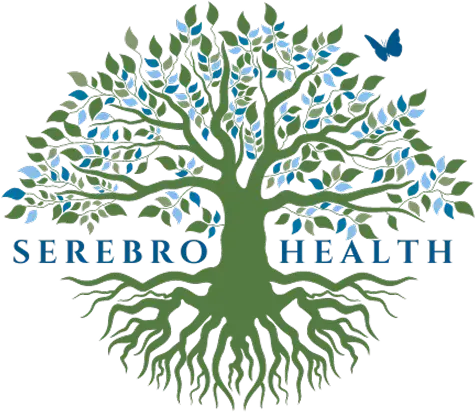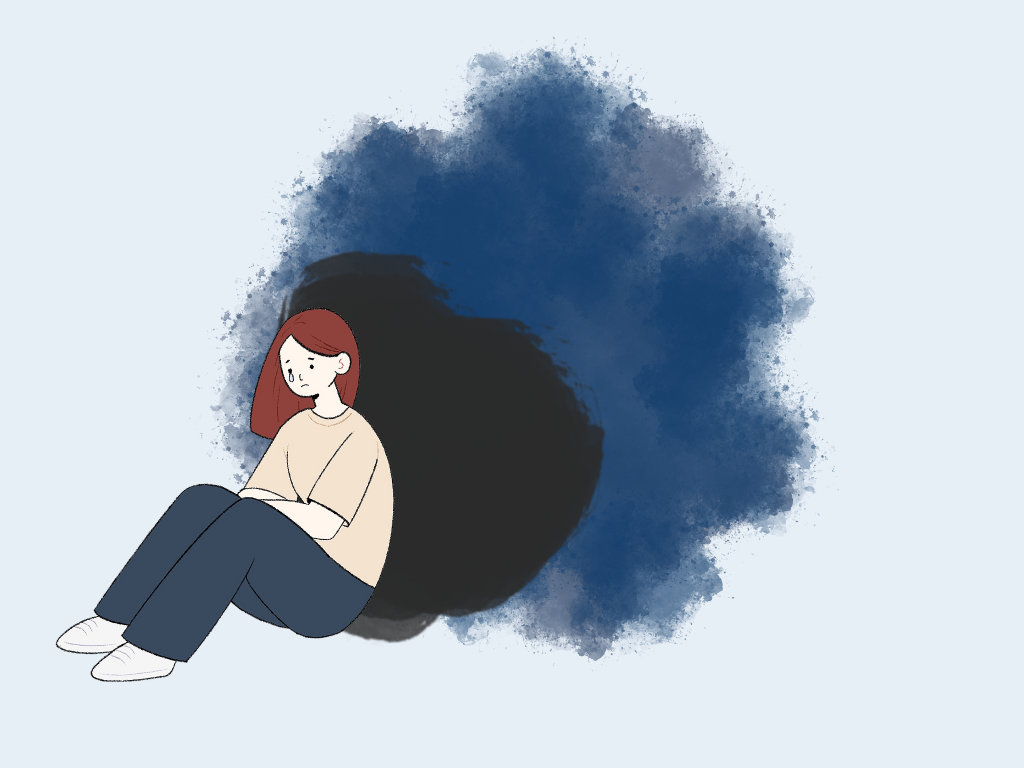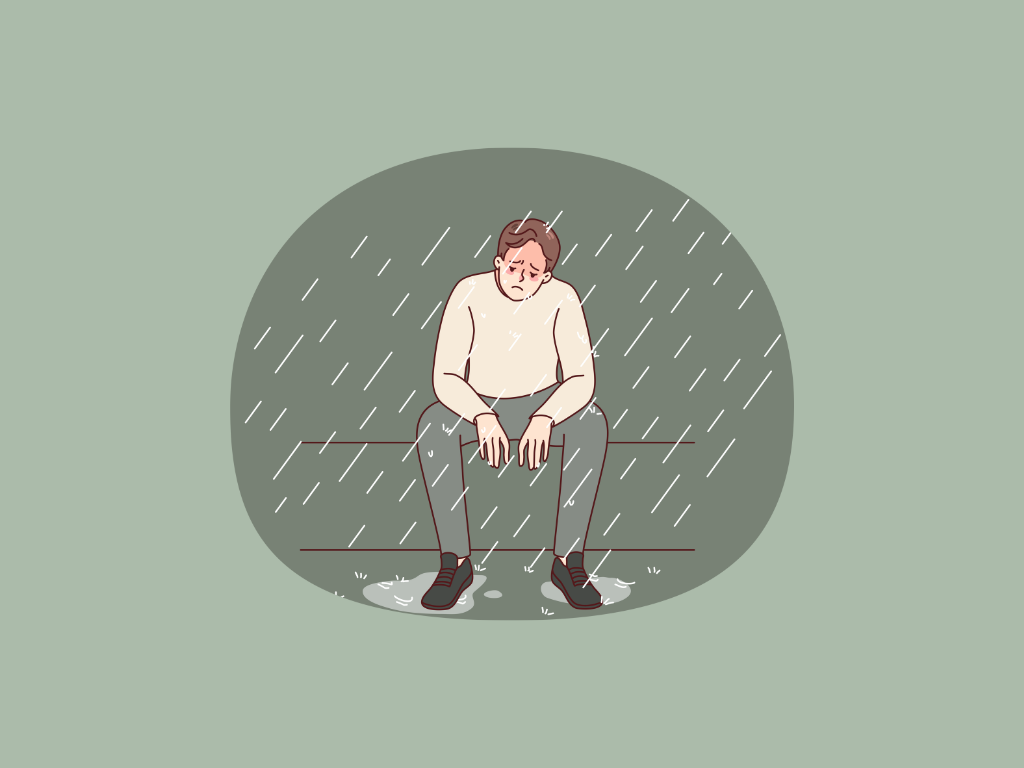At Serebro Health, one of the questions we hear often is, “Does what I have been through really count as trauma?”
This question has come up from a range of clients, some who have lived through life-altering, devastating events, and others whose experiences may appear subtle or ‘ordinary’ from the outside, but inside, have slowly eroded their sense of safety, peace, or self-worth.
The answer, and what we share with our clients, is that all of these experiences count as trauma.
So what is trauma, really? Understanding this can help you make sense of why certain experiences stay with us, even long after they have passed.
What is trauma?
Trauma isn’t just about what happens to you, it’s about how your mind and body respond to something that feels too much, too fast, or too overwhelming to process at the time.
While it can show up in many different ways, trauma is often understood in two general categories: “Big T” and “little t” trauma.
‘Big T trauma’ refers to major, life-threatening events like serious accidents, assaults, natural disasters, or war. These experiences can lead to intense emotional and physical reactions and, for some, post-traumatic stress disorder (PTSD).
‘Little t trauma’ refers to the quieter, ongoing experiences that slowly wear us down, things like chronic criticism, emotional neglect, betrayal, or constant stress. Each event might seem small, but when they pile up, they can deeply impact how we see ourselves and the world around us.
How trauma can show up
We have noticed that many clients who have experienced trauma, often say things like: “I shouldn’t feel this way” or “other people have had it worse.” Yet their bodies often tell a different story with the tension, anxiety, exhaustion, or the constant feeling of being stuck “on” that they carry around everywhere.
As van der Kolk (2014) wrote in The Body Keeps the Score, “Trauma is not just an event that took place sometime in the past; it is also the imprint left by that experience on mind, brain, and body.”
This is such a powerful message because it reminds us that trauma isn’t something you “get over” simply because time has passed. The nervous system, body, and brain remember, even when the conscious mind wants to move on.
One example of this might look like someone who’s been in a car accident, they might experience flashbacks or panic when driving again.
Sharing vulnerably, I know this feeling all too well in my own body.
When I was three years old, my dad and I were driving home from the bakery when a tractor-trailer’s brakes failed and totaled our car. For years afterward, as a passenger, my body would react as if the accident was happening all over again. I could feel my heart racing, my muscles tensing and my breath shortening. Even when I knew I was safe in the moment, my body didn’t feel it, because it was still holding on to that moment, trying to protect me. Through therapy and healing, I have learned to understand these reactions with compassion instead of fear and while traces of that anxiety still surface at times, I now meet them with awareness, gentleness, and a deeper sense of safety.
Another example of trauma could look like someone who’s lived through years of emotional criticism; they might feel chronically tense, overly responsible, or unable to relax.
When we widen our understanding of trauma, sometimes, simply witnessing or supporting someone through their pain can leave a lasting imprint on our own well-being. This is known as secondary trauma, the emotional and physical toll that can arise from caring deeply for others who have suffered.
Understanding secondary trauma
Secondary trauma is common among caregivers, health professionals, and first responders, but it can also affect people in close relationships.
For example, therapists, nurses, or social workers might notice feeling emotionally drained or on edge after hearing stories of suffering. Over time, that empathy can turn into exhaustion or even numbness.
Military spouses often experience this too. Living alongside someone who has been through combat or other high-stress situations can take a toll. They may witness nightmares, emotional shutdowns, or hypervigilance and feel helpless to change it. Even though they weren’t in the traumatic event themselves, the ongoing exposure to stress and fear can cause their own nervous system to stay on alert.
As van der Kolk (2014) reminds us, “Being able to feel safe with other people is probably the single most important aspect of mental health.” When safety feels uncertain at home, it affects everyone.
As we have explored, whether trauma stems from a single event or years of quiet pain, the body remembers what the mind tries to forget. Recognizing this connection is the first step toward healing.
In our next post, we will take a closer look at what happens when trauma goes unspoken, how the body holds on, and the many ways healing can begin.
Our support
If any of this resonated with you, and you would like support with your healing journey, we are here, when you are ready.








